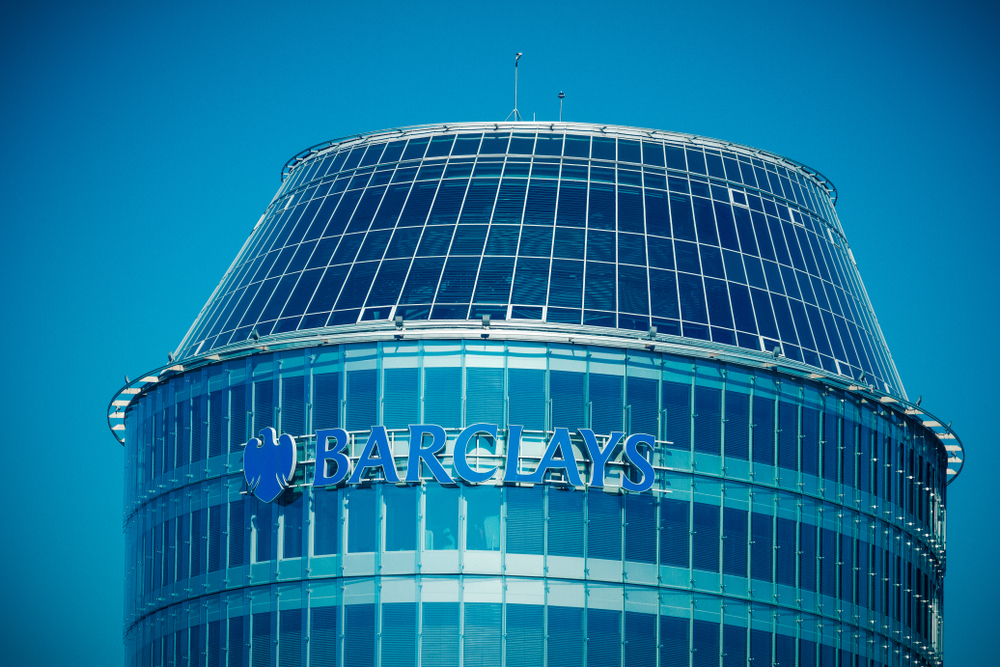The Financial Conduct Authority (FCA) has sanctioned Barclays Bank with £783,800 for oversight failings in its relationship with collapsed payments firm Premier FX.
As part of the steps, the financial penalty includes Barclays has agreed voluntarily to cover the losses of Premier FX customers whose claims have been accepted by Premier FX’s liquidators.
Mark Steward, Executive Director of Enforcement and Market Oversight, commented: “Premier FX, which handled money on behalf of other people, presented particularly high risks of financial crime and fraud. Barclays was aware of these high risks in providing banking services to Premier FX but failed to take reasonably appropriate steps to mitigate those risks.
“Barclays’ agreement to meet the deficiency in Premier FX’s funds mitigates the actual losses to Premier FX’s customers. This is a significant step to the credit of the bank and has reduced substantially the sanction that otherwise would have been imposed.”
Following the distribution by the liquidator amounting to 9p for every £1 lost, Barclays’ voluntary payment of £10,076,943.75 will make up the difference, meaning all 167 customers of Premier FX with accepted claims will have 100% of their money returned. The voluntary payment will be distributed to these customers by the liquidators by the end of March 2022.
Barclays failed to make enquiries to ensure that Premier FX’s actual business activity aligned with Barclays’ expectations and did not identify that Premier FX’s internal controls were deficient. This constituted a failure by Barclays to conduct its business with due skill, care and diligence.
The FCA publicly censured Premier FX in February 2021 for failing to safeguard its customers’ money and seriously misleading its customers about the services it was authorised to provide. The FCA would have imposed a substantial financial penalty on Premier FX because of the serious failings in that case. However, it considered that a public censure was a more appropriate sanction given that Premier FX was in liquidation and there was a significant liability to its creditors, most of whom are consumers.





















